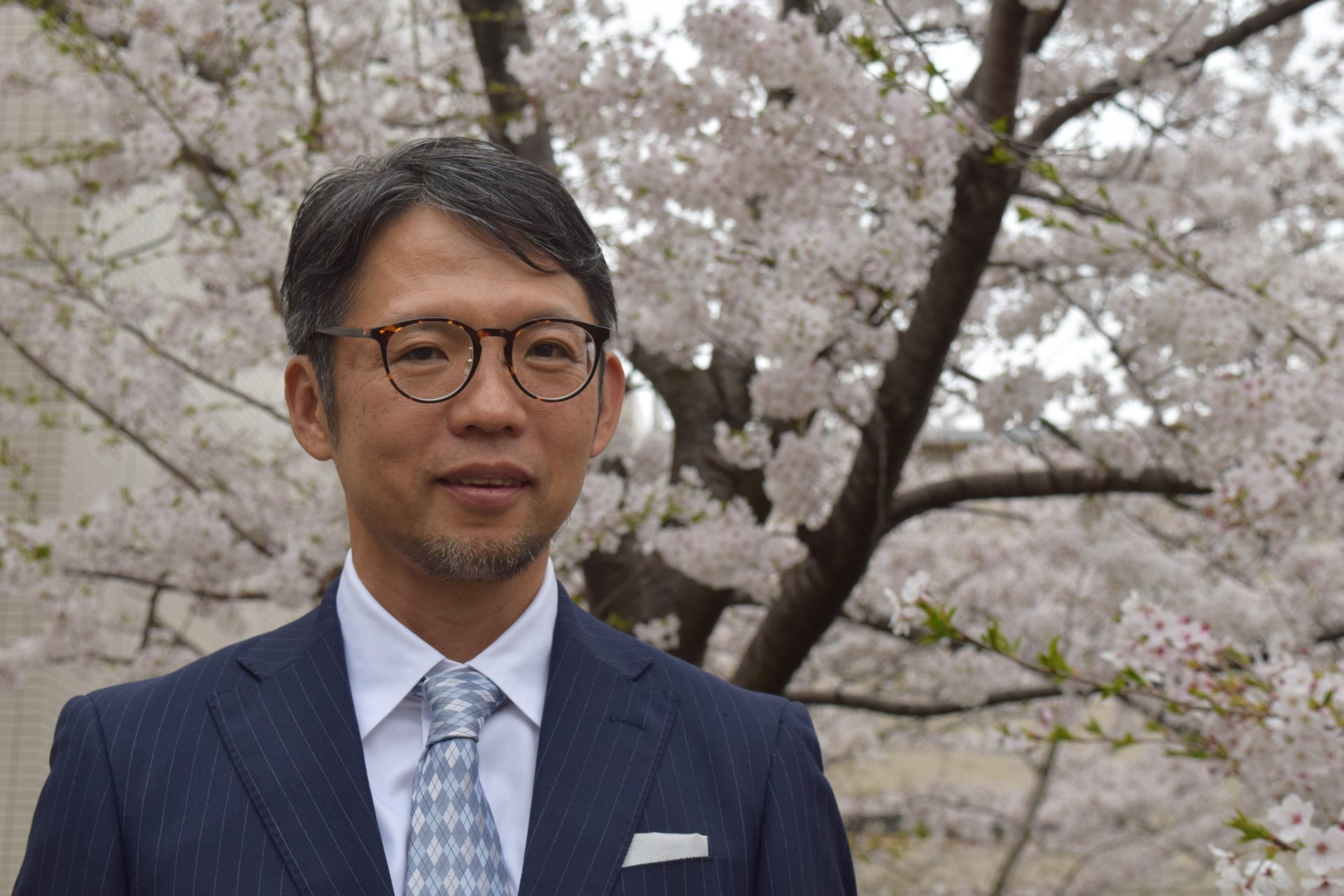Greetings from the Graduate School of International Development (GSID), Nagoya University!

Established at Nagoya University in Japan in 1991, the Graduate School of International Development (GSID) is a pioneering and leading graduate school specializing in international development. For more than thirty years, GSID has engaged in research and education in international development in developing countries, particularly in Asia, and has tackled a wide range of issues that constrain socioeconomic development, including poverty, inequality, and conflict, while proposing solutions for these issues. GSID offers a top-level international educational environment in Japan. All classes are conducted in English, and more than 80% of our students come from countries other than Japan.
In 2018, GSID reconfigured itself by merging two departments into one to make our education programs more multidisciplinary, flexible, and responsive to the fast-changing development agenda and boundary-crossing issues that can be approached from diverse disciplines and schools of thought. We consolidated our curriculum into five educational programs, each with a revised curriculum: the Program in Economic Development Policy and Management; the Program in Peace and Governance; the Program in Inclusive Society and State; the Program in Education and Human Resource Development; and the Program in Poverty and Social Policy. These programs offer a wide range of subjects relevant to and concerned with the concepts and topics addressed in the Sustainable Development Goals (SDGs).
Another change we made in 2018 was to launch a new special program and a new special course: the Special Program for Global Business Professionals (SPGBP), a one-year Master’s program for mid-career business professionals expected to take up overseas assignments in developing countries in Asia and other regions, and the Global Leaders Career Course (GLCC), a special course for Master’s students interested in pursuing careers at international organizations. SPGBP is designed to serve the needs of local Japanese businesses looking to quickly internationalize operations. And although we have always had many graduates who have successfully advanced international careers, GLCC is designed to better prepare highly motivated students by offering additional coursework that provides them with hands-on skills and practice for work at an international organization.
While educational and research activities at GSID were significantly affected by the COVID-19 pandemic, since the 2023 academic year, we have returned all classes to their normal in-person format. Moreover, we have leveraged our experiences during the pandemic to introduce online formats for open campus events and entrance examinations.
Currently, we are facing the complex challenge of whether the goals of international development cooperation can be achieved. The international community has not been able to act in unison against war and destruction, as seen in Ukraine and Palestine. The distribution of wealth and resources in the international community is becoming increasingly unequal, yet governments continue to lean towards an “0ur People First” policy. It is not rare for state leaders to openly criticize or even despise human rights and the value of tolerance. As a result, social and economic minorities are being increasingly excluded from the benefits of growth and development.
Naturally, there is no panacea or correct answer to the various challenges the current world faces. However, we must, through a variety of methods, come to understand as accurately as possible what is happening and what causal relationships might exist. We also need to share our insights and thoughts about what can be done and what outcomes can be achieved.
I believe this is the mission of GSID as a research and educational institution, and all of you studying at GSID are expected to meet this challenge.
More than 30 years ago, I enrolled as a new student at GSID, where I learned various things from the faculty and classmates. That experience led me to where I am today. And now, I am very honored to be able to greet you as the Dean of GSID.
GSID has graduated over 2,400 students from more than 100 countries, including Japan, of which approximately 1,400 are international students. These alumni are active in various places both in Japan and abroad making use of their experiences here at GSID. Please stay connected and apprised of how GSID is continuing to strive for excellence in research and education in international development. Your continued support of GSID is greatly appreciated.
Yuzuru Shimada, Ph.D.
Dean and Professor
Graduate School of International Development
